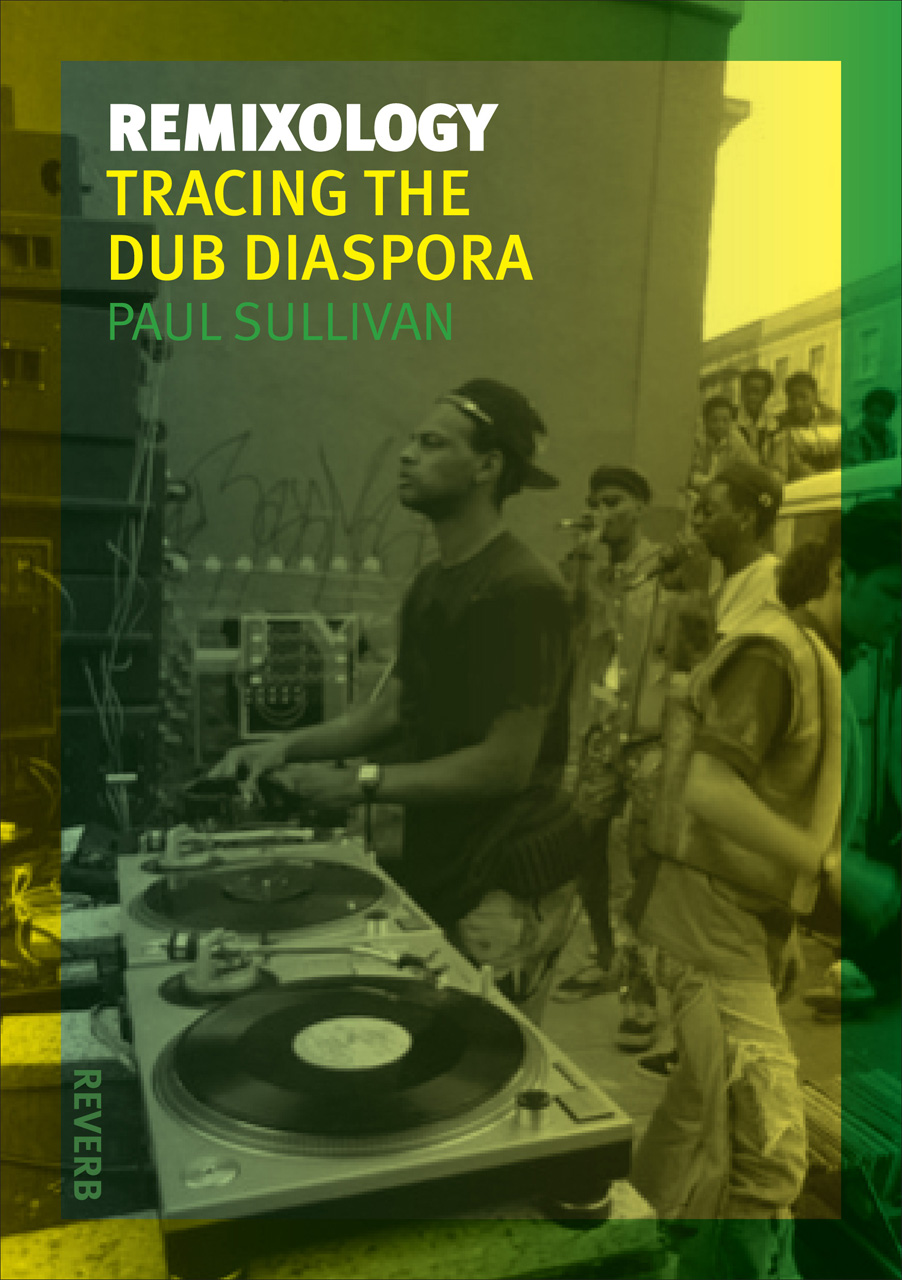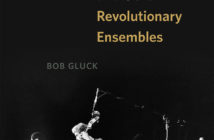I must admit I was pretty excited when I opened this book for the first time. Finally, I thought, a text that takes the roots of dub and expands it out into the many shapes and flavours it has adapted to and influenced over the decades since it’s inception on the lawns of downtown Kingston, Jamaica. This is, in fact, the premise and the schematic of the book, and for the most part it manages to cover many relevant and related basses (pardon the pun).
As one would expect, our story begins in the aforementioned blues dances in Kingston, and the fairly well known history of the birth of dub: “Coxsone†Dodd and “Duke†Reid’ soundsystem building competitiveness mixed with one off “specials†or “dubplate†tunes recorded for each soundsystem to play in the dance and the “mistake†of cutting a dubplate without the vocal track and the sensation it caused when played in the dance. All sonic histories need to begin somewhere, and this is as good as any. As Sullivan refers to in his book, this has been covered by a fair few publications in the past. While the first couple of chapters set the scene in Jamaica with pioneers Osborne “King Tubby†Ruddock and Lee “Scratch†Perry we quickly begin to explore the diaspora with the journey to the United Kingdom many Jamaicans took in the 1950s and 60s in search of a new prosperous life. Again, as documented previously, this new life wasn’ as bright as many hoped for and the culture of soundsystem was reborn in the UK, first in homes, then in underground clubs, and, as in Jamaica, as the soundsystems became larger so did the audience and the culture evolved in it’s own style unique to the time and place, creating the first wave of UK roots and dub.
From this leap into the diaspora Sullivan takes us on a tour of the echoes of dub as it bounces off the walls of sonic history and creates it’s own meanings each time it touches a soul. Sullivan’ history deals mostly with the reverberations felt in the United Kingdom and Europe, well Germany specifically, as well as North American dub echoes in New York with the birth of Hip Hop and touching on Canada’ place in the dub diaspora. A book of this scope probably deserves to be at least twice as long, as each chapter and the sub-chapters within feel slightly rushed in order to achieve maximum coverage. As an introduction to these worlds Remixology is a strong place to start, and it was a great pleasure to read, although much of what it contains I have read before. Michael E Veal’ “Dub: Soundscapes and Shattered Songs in Jamaican Reggae‘ and Lloyd Bradley’ “Bass Culture‘ cover a large percentage of the ground covered here. Remixology’ strength perhaps lies in the narrative arc connecting the dots throughout many parallel histories, and presenting it in a fun and exciting way. Reading the Bristol section made me dig out The Pop Group and New Age Steppers albums, while the German chapter had me reaching for Basic Channel and Disrupt.
As I read this book I found one particular frustration kept bugging me throughout: the whole book is very Northern Hemisphere-centric. There were quite a few places where Sullivan could have quite easily diverged to include our antipodean subsonic adventurers – the part on Roots Manuva could have easily have lead into a mention of Marc Peckham (Monkey Marc) who has produced for Manuva, or the Jahtari section could have discussed Australian or New Zealand connections with the works of Naram and Tapes, both sharing Kiwi-heritage, thus expanding the diaspora even further into the globe, not to mention Japan’ Dub Store and the massive obsession with rare dub reissues. I suppose this is what I mean about scope and length of this volume, but I am unsure whether many readers would share my irks.
Despite these issues, I must stress that I did greatly enjoy Remixology, and it will serve as a great starting point for readers wishing to gain a greater understanding of the culture and the huge influence it has had on the entire way music is produced today. The echoes of dub have permeated into almost every aspect of music at this point of the 21st century, and the more people understand it’s importance, the more people will appreciate the political and social movements that have grown alongside dub throughout it’s history.




